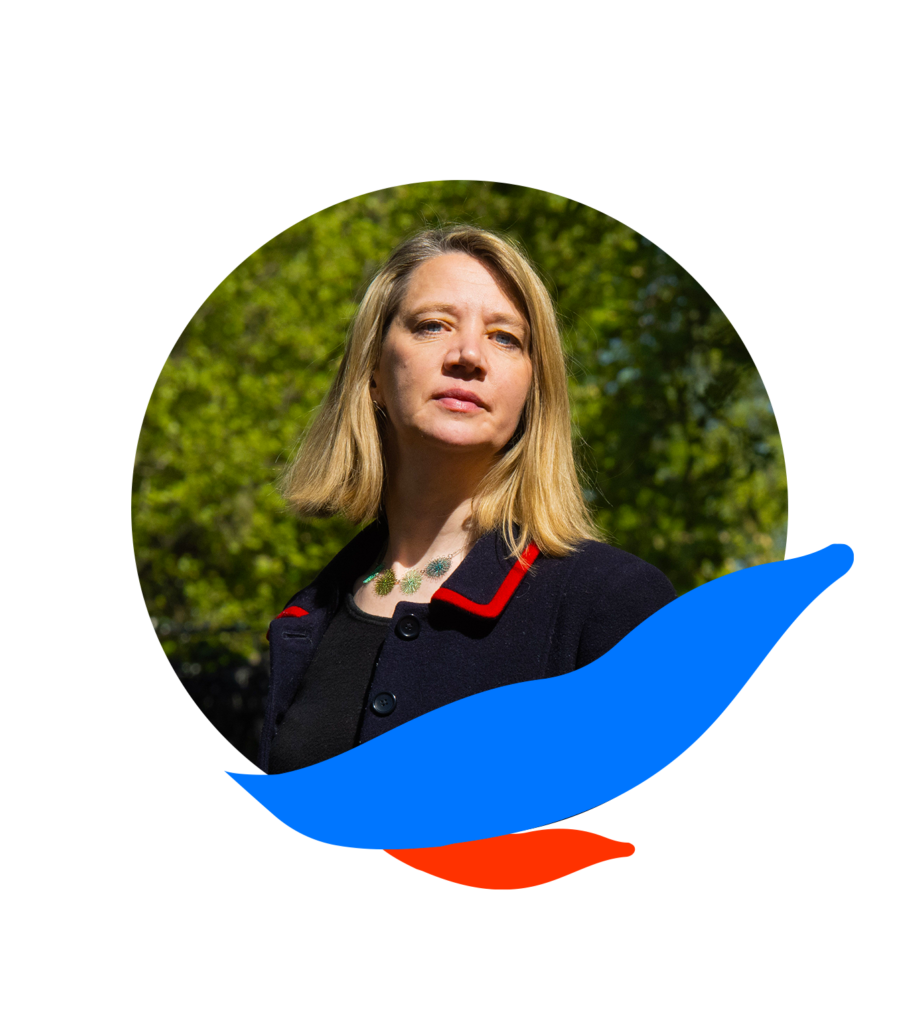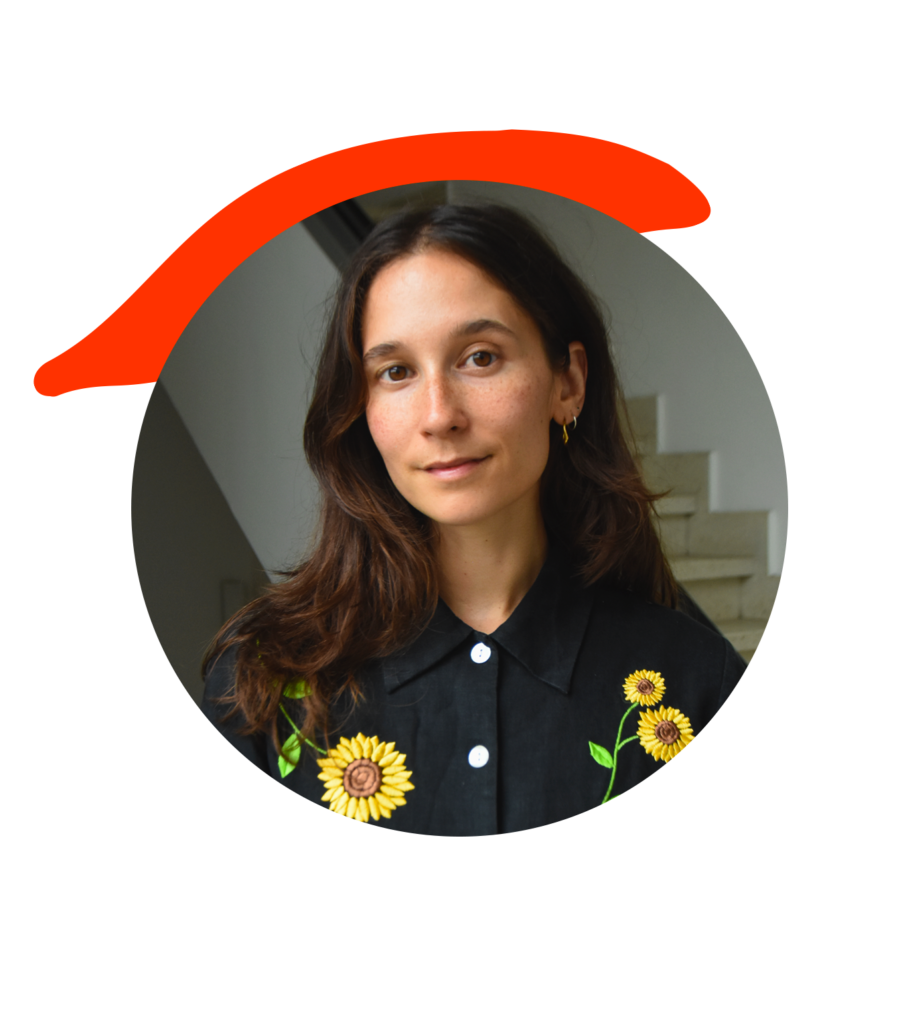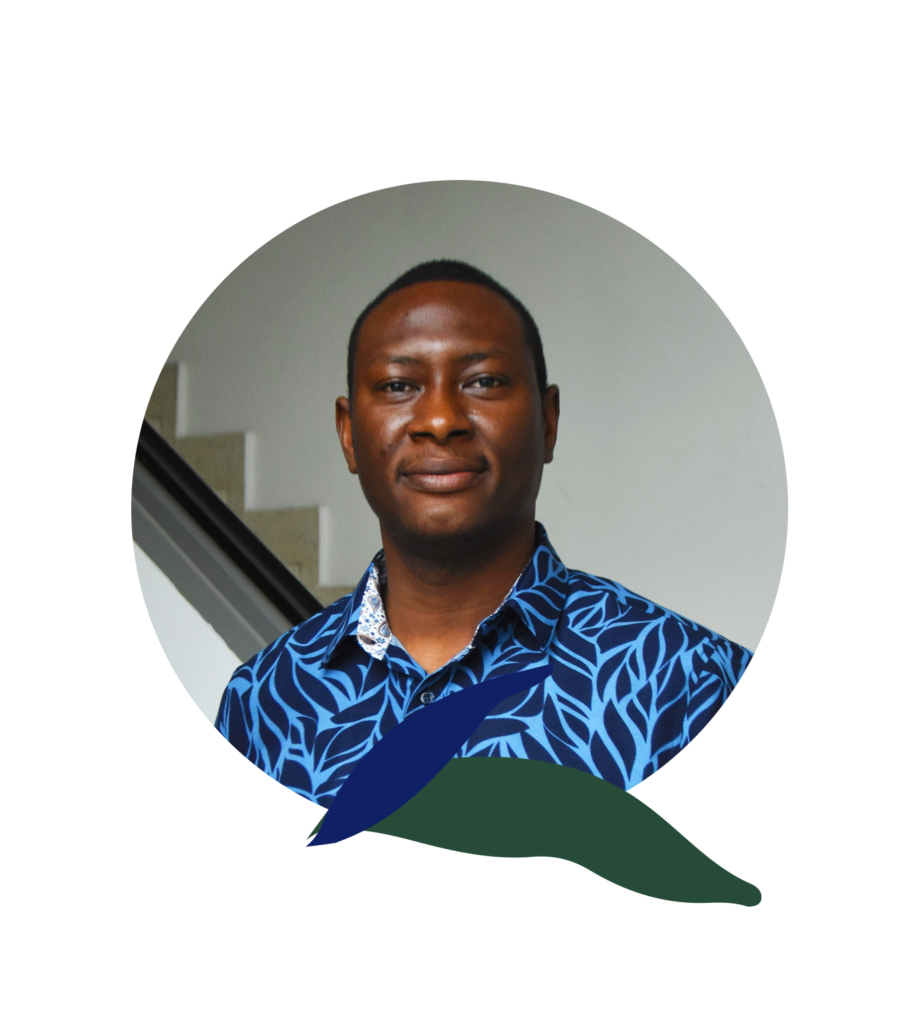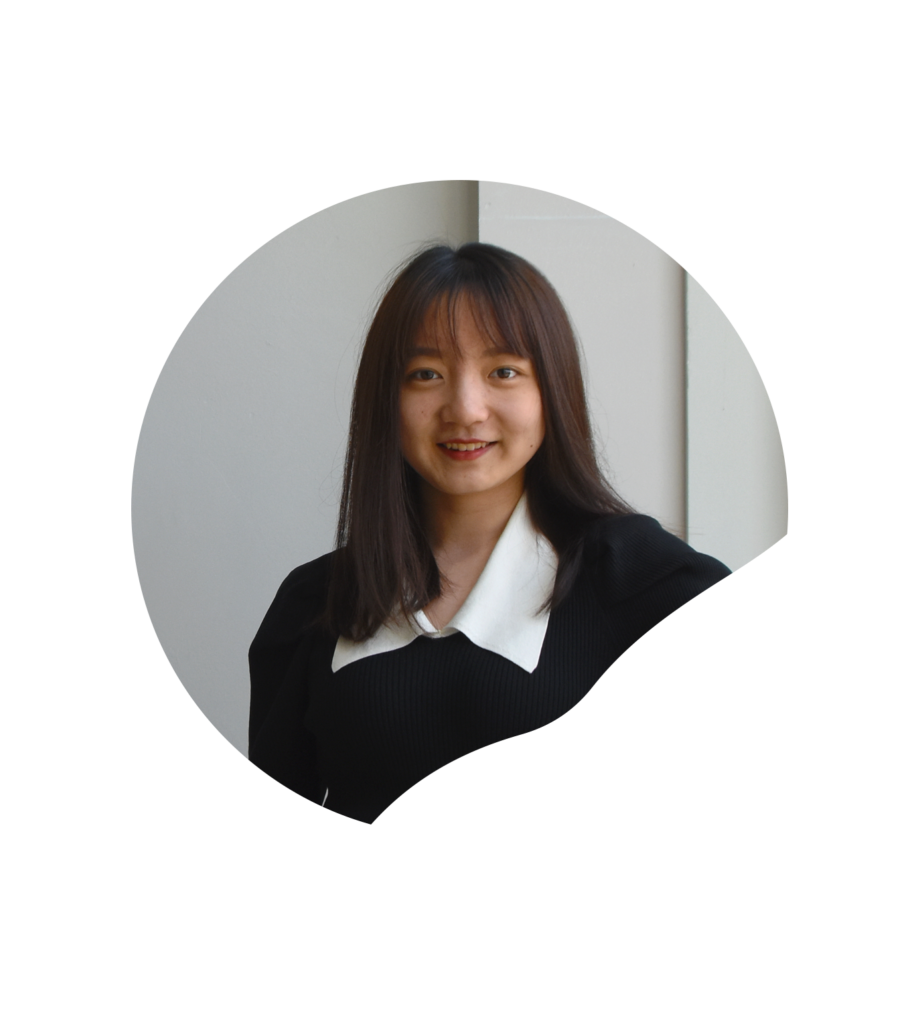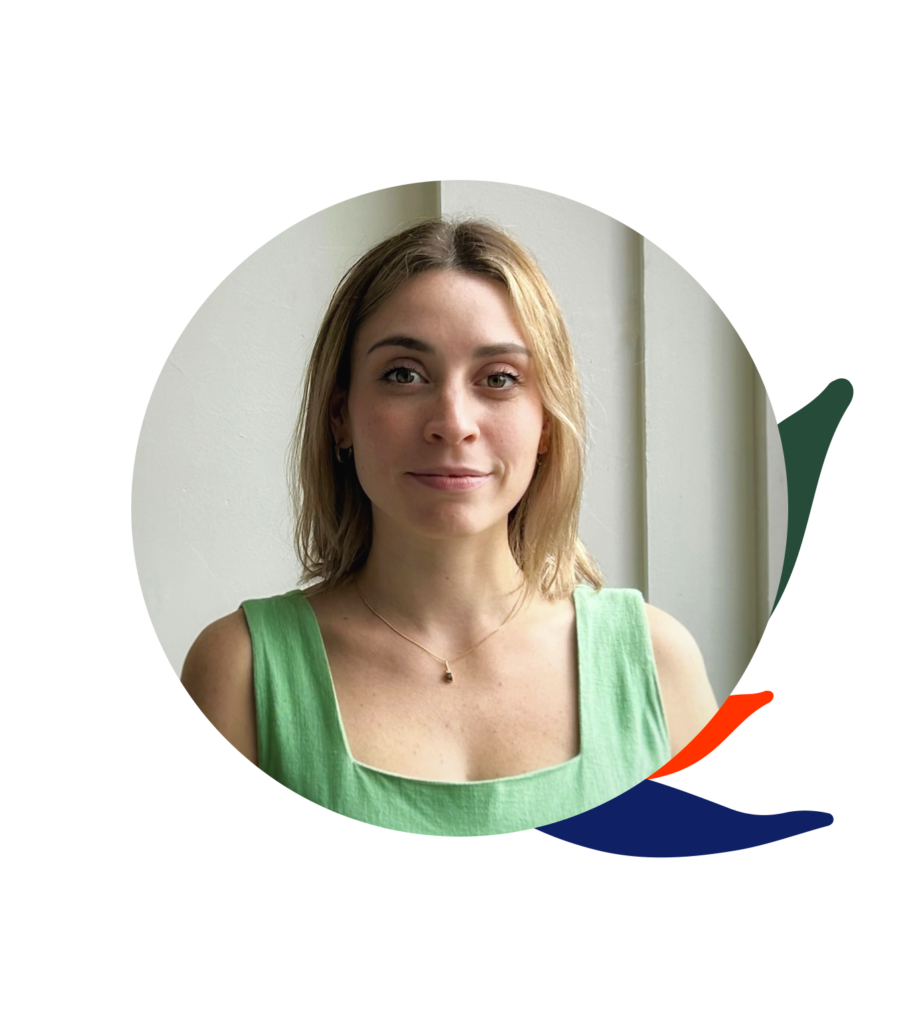Meet the team
Meet our international team of researchers, brought together to study physical beauty. Directed by Prof. Giselinde Kuipers, we are a team of social scientists from 5 different nationalities who have come to Leuven to study how beauty is evaluated and how it contributes to social inequality.

KU Leuven history
KU Leuven is the oldest university of Belgium. In 2025, KU Leuven will celebrate its six hundredth anniversary. This makes it, together with its sister university UC Louvain, one of the oldest universities in Europe. It is also the oldest university in the Low Countries and worldwide of all existing Catholic universities. The University of Leuven was formally founded by the bull issued by Pope Martin V on December 9, 1425. The city of Leuven, with the support of Duke John IV of Brabant and the city clergy, had requested permission for the foundation.
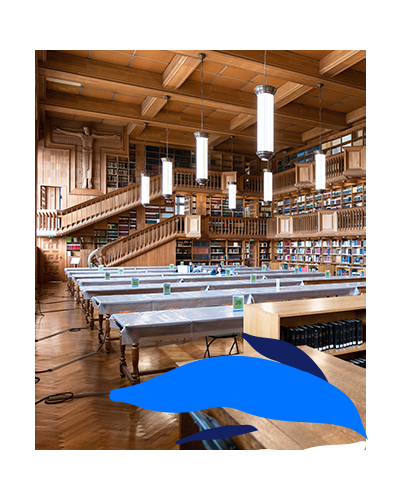
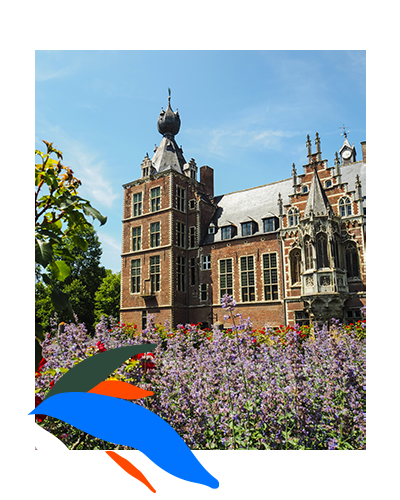
We'd love to hear from you
We will be glad to share some of our experience with you. Don’t hesitate to drop us a line!

